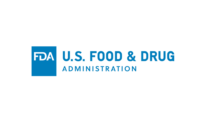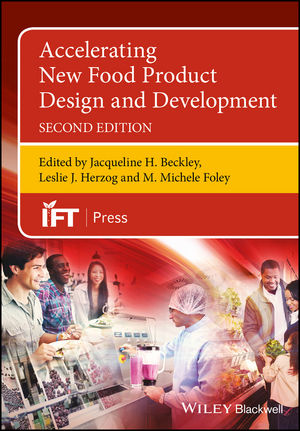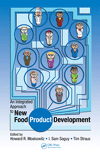The U.S. Food & Drug Administration (FDA) has proposed an updated definition for the use of the term "healthy" on food labels, 25 years after creating the first regulatory definition of "healthy." The proposed rule is in direct response to issues raised by KIND Healthy Snacks (KIND) in a 2015 Citizen Petition, which requested better alignment between food labeling regulations and the Dietary Guidelines for Americans. The petition, which was supported by several prominent nutrition and public health experts, urged the FDA to bring the "healthy" regulation up to date with current nutrition science and recognize nutrient dense foods, such as whole nuts and seeds, as "healthy."
The proposed rule consists of the following primary changes, reflecting changes advocated by KIND:
- Requirements for recommended foods to emphasize nutrient dense food groups such as fruits, vegetables, grains, proteins, and dairy for their nutritious contribution to a healthy diet.
- Adding nutrient thresholds to help ensure that foods bearing the "healthy" claim do not contain excess saturated fat, sodium, or added sugars.
"We applaud the FDA in taking the long-needed step to update the definition of "healthy" so that it reflects current nutrition science and the Dietary Guidelines for Americans. We are incredibly proud that KIND helped catalyze this progress," says Daniel Lubetzky, founder & chief impact officer at KIND. "When we first petitioned the FDA in 2015, we sought to correct outdated regulations and advocate for wholesome, nutrient dense foods, such as almonds and avocados, and we're thrilled that these foods are finally being recognized as an important part of our diet."
In March 2015, the FDA sparked a national conversation when it sent a warning letter to KIND, requesting the removal of the word "healthy" from four KIND product labels. When KIND looked at the regulation, it realized that the products did not qualify as "healthy" because they did not meet the "low fat" requirement in the rule, which did not account for the healthy fats that come from nuts. Completely absent from the rule was a restriction on added sugar as well as a requirement that foods contain a certain amount of a recommended food group. This meant that since 1994, foods like fat-free chocolate pudding, sugary cereals, and low-fat toaster pastries could be advertised as "healthy" but nutrient dense foods high in healthy fats, such as almonds, avocados, and salmon, could not.
The outdated regulation inspired KIND to push for change, and it partnered with public health experts to file a Citizen Petition asking the FDA to revise the definition to reflect current nutrition science.
"The proposed rule is a win for public health – and that's a win for all of us," says Kristin Rubin, PhD, Head of Nutrition at KIND. "The proposed definition is consistent with our past position, and we are energized to continue to advocate for nutrition education, transparency and making nutrition as convenient as possible."
For years, KIND has been on the front lines of championing nutrition and challenging the status quo. The company has embraced its role in raising the bar for health and wellness by:
- Encouraging the food industry to disclose hidden sugars
- Offering thousands of free Registered Dietitian consultations
- Encouraging consumers to prioritize fresh fruits, vegetables, and whole nuts whenever they can
- Recognizing the need to address food insecurity, inequality, and injustice and collaborating with nonprofit organizations committed to solving these challenges






